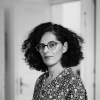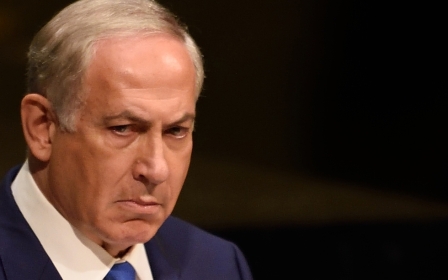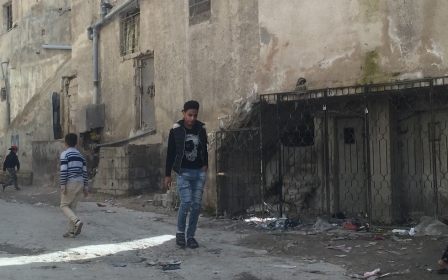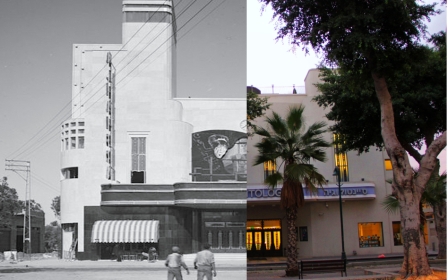Israel at 70: Academics take the political temperature

This week marks the 70th anniversary of the foundation of Israel. Middle East Eye asked three Israeli academics to reflect on the health of Israeli politics. Has Israel become a colonial power? What aspects of modern Israeli society would disturb the first Zionists? Why is there an "extraordinary silence" about the future of a Palestinian state?
Yaron Ezrahi, Eva Illouz and Yonatan Mendel give their thoughts on the dominant Israeli political themes of 2018 and where that conversation might take us next. Here’s what they had to say:
'The occupation is the most amazing subject of denial'
Yaron Ezrahi is professor emeritus of political science at the Hebrew University, Jerusalem and a former senior fellow at the Israeli Democracy Institute, Jerusalem. He has published several books: in 1997 he was a winner of the National Jewish Book Award for Rubber Bullets: Power and Conscience in Modern Israel.
'Who calls the shots in Israel?'
Yonatan Mendel is the director of Manarat, the Jewish-Arab Center at The Van Leer Jerusalem Institute. He serves also as an assistant editor of Maktoob, a series of books dedicated to the translation of Arabic literature into Hebrew. His main research interests include Arabic, Jewish-Arab relations and the Israel-Palestinian conflict.
The views expressed in this article belong to the authors and do not necessarily reflect the editorial policy of Middle East Eye.
Photo: An Israeli soldier keeps guard near a Palestinian woman standing by a Star of David graffiti sprayed by Israeli settlers near an army checkpoint in the centre of the occupied West Bank city of Hebron on 18 May 2009 (AFP)
New MEE newsletter: Jerusalem Dispatch
Sign up to get the latest insights and analysis on Israel-Palestine, alongside Turkey Unpacked and other MEE newsletters
Middle East Eye delivers independent and unrivalled coverage and analysis of the Middle East, North Africa and beyond. To learn more about republishing this content and the associated fees, please fill out this form. More about MEE can be found here.





